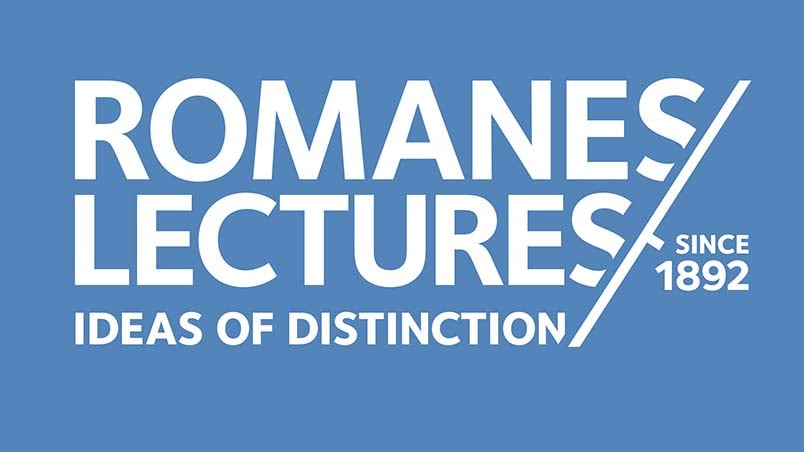Romanes Lecture - The Commonwealth of Nations
This lecture took place in The Sheldonian Theatre, Broad Street, Oxford on Monday 5 Dec 2016 at 5.45 pm.
Synopsis
The Secretary-General discussed The Commonwealth’s distinctive contribution to areas of pressing global concern, such as climate change, countering violent extremism, and eliminating violence against women and girls. She described how The Commonwealth’s hallmark characteristics of connectedness, consensus and goodwill are bringing ‘soul’ to international affairs.
From its beginnings in the late 19th century, The Commonwealth has evolved through an era of decolonisation and independence. It is bound by much more than governments, with deep links in education and civil society. Today it is home to 2.2 billion citizens, almost two thirds of them under the age of 30.
Speaker: Patricia Scotland QC
Patricia Scotland QC took office as Secretary-General of the Commonwealth of Nations on 1 April 2016. In a career of firsts for women, she is the first woman to hold the post of Secretary-General.
Born in Dominica to a Dominican mother and an Antiguan father, she moved to the UK at an early age and was brought up in a large close-knit Caribbean family where she was taught the importance of hard work, education, pride in her heritage and the obligation to give back to the region of her birth and to the society in which she was raised. This ethic has guided her throughout her dynamic career in law, public service and politics.
Patricia Scotland is a lawyer by profession. She became the first black and youngest woman ever to be appointed Queen's Counsel. She was the first black woman to be appointed Deputy High Court Judge, Recorder, Master of Middle Temple, and the only woman since the post was created in 1315 to be Attorney General for England and Wales.
As a UK government minister, she undertook major reform of the criminal justice system, including the introduction of the Domestic Violence, Crime and Victims Act, and during her term of office from 2003-7 crime in England and Wales was reduced to its lowest level since 1981. During this period she chaired the Inter-Ministerial Group on Domestic Violence which collectively worked together to reduce domestic violence by 64% and led to £7.5bn reduction in the economic cost of domestic violence in England and Wales.
In 2011 Patricia Scotland returned to private practice at the Bar through which she continued to share her expertise on constitutional, civil and criminal justice reform, human rights, public and family law, gender equality, diversity and corporate social responsibility.
Patricia Scotland has done pro bono projects in a number of legal and social areas and has been instrumental in the setting up of several foundations and non-governmental organisations aimed at advancing human rights, the welfare of young people and the protection of girls and women from violence.
